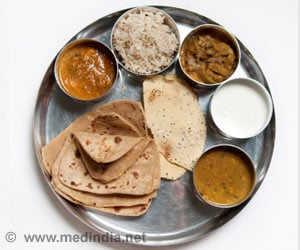Mukti Biswas, an unassuming worker in West Bengal would have continued doing what he does best- working with human corpse for their bones,
Mukti Biswas, an unassuming worker in West Bengal would have continued doing what he does best- working with human corpse for their bones, but for the inadvertent confessions of his inebriated co –workers. Last year, Biswas was booked by the police due to his suspected involvement in the trading of bones. He was subsequently released due to his alleged political links.
There is a huge demand for skeletons in medical centers the world over. India is seen as a reliable source of bones needed for medical studies and the trade dates back to more than 150 years ago. In 1985, a ban on bone trade was imposed in India.As police dug up the facts, it came to light that in the 22 years following the ban on bone trade in India, many black markets still continue to operate. Paucity of skeletons from other parts of the world owing to well organized funeral and cremation services, increased the reliability on India, where demands for bones were easily met. A huge population and many rustic funeral practices led to the involvement of many hands in the underground activities of separating flesh from the bone. The skeletons were then shipped intact to many of the western nations after flouting many laws.
This became a lucrative profession for the network of workers, distributors and dealers who were paid huge sums for the bones. This gave rise to many more Mukti Biswas in several remote pockets of India. Thus the nefarious trading of bones continued.
According to the confessions of the worker, the Biswas family had been in the bone trade for generations. The factory was housed in a ramshackle covered by an asbestos roof which was a storehouse of many thousands of bones which eventually reached global markets. This was just one factory among the many in West Bengal.
According to the revelations of the worker, Biswas was in charge of the cremation ground in the village and thus had no problems finding bones. He would steal corpses from funeral pyres, cemeteries and morgues. He had also employed many hands to help him safeguard the corpses and the bones.
In a well crafted network of locals, distributors and dealers, the black market of bone trade is apparently thriving, transporting thousands of Indian bones to highly industrialized western nations.
Advertisement
SAV/P







